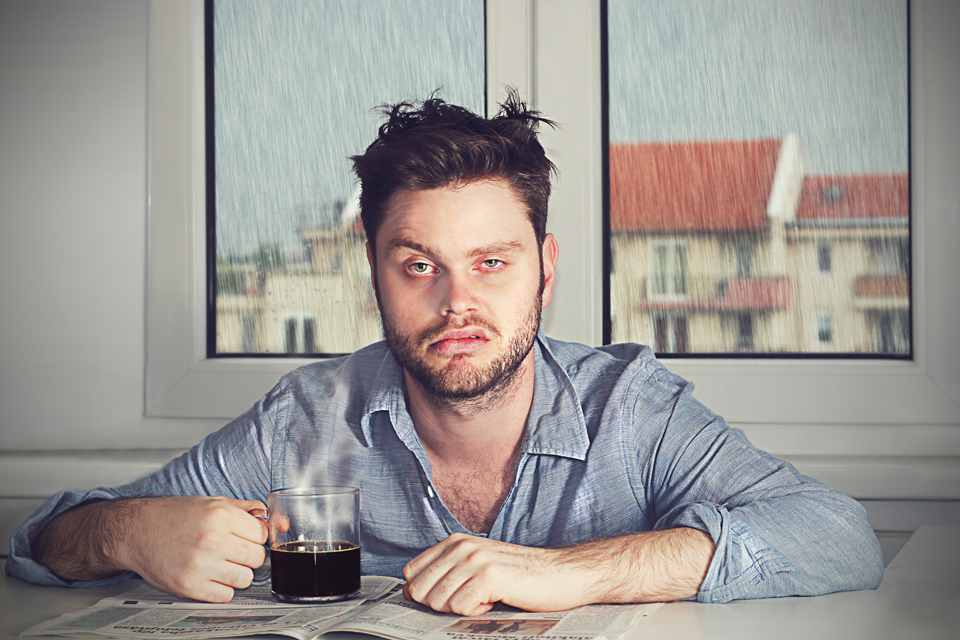How to Become a Morning Person

Mornings are magical. The day is fresh, opportunity awaits, and anything feels possible.
And yet, as glorious as they are, they can be just as painful if you’re not an early riser. It is no exaggeration when I say that for years (years, people!) I tried to become a morning person. I would set my alarm for 6 a.m. with full intentions of popping out of bed to seize the day, catch the worm, and all that jazz. But inevitably, the alarm would sound, and 10 snooze cycles later, I would finally drag myself, bleary-eyed and delirious, out of bed.
This was basically every morning on repeat, until finally, after tremendous effort and a few major life changes, I successfully committed to the early-riser club. It’s been nine weeks, and I’m pleased to report that I’m still going strong. Here’s what I learned in the process:
Turn Down
Dimming lights about an hour before bed, sleeping without screens nearby, and dropping the temperature in your abode can help prepare the body for top-notch slumbering. And in turn, these things will help you rise earlier and happier.
Give Gratitude
Tim Ferris and other super-humans often recommend jotting down affirmations at night. Giving gratitude right before you hit the sack squashes any lingering anxiety by forcing your brain to think about the positive aspects of your life, as opposed to, say, the bills you have to pay or how Debbie was a jerk at the water cooler today.
Make Plans
Also, be sure to set an agenda of what you want to accomplish with your early morning window. When you’re groggy and half asleep, it can be hard to make a plan of attack. Eliminate any need for decision-making by deciding how and what you will do before you even go to bed.
Hygiene Routine
First, a successful early-morning starts the night before. Doctor Ashwin Gowda and the team at Texas Sleep Medicine call this “sleep hygiene,” which refers to the habits and rituals that help the body prepare for restful sleep. Like all hygiene habits, your sleep hygiene is hugely important. It involves preparing your bedroom in a way that allows the body to naturally respond to circadian rhythm functions, signaling the brain and body to power on or shut down naturally. This is key to making falling asleep easier and hopping out of bed not feel so horrible.

Conquer the Clock
Now for the hard part: Be stronger than the snooze button. When your alarm actually goes off in the wee hours of the morning, it will be hard, but choose to reach for coffee, not the snooze button. Those first few seconds after the alarm are “make or break.” Instead of succumbing to my desire to crawl back under the covers, I like to take a full body yawn, stretch it out, and then immediately flip a light on. I often stand up right away and make myself a shot of cold-brew coffee. It’s low effort, high reward. I also like to throw in 10 push-ups or a quick handstand for an immediate burst of energy.
Becoming a morning person did not come naturally to me, but those first few minutes are now, by far, the sweetest part of my day. There are no distractions, no one is emailing or texting—it’s just me and the sunrise, and I relish soaking up the solitude, unrushed and stress-free before getting the day started. It’s such a simple change in routine but sets the tone for the entire day, and that sense of accomplishment is truly life-changing. As the saying goes, “Win the morning, and you win the day.”
So, rise and shine, Austin. The world is waiting for you.






